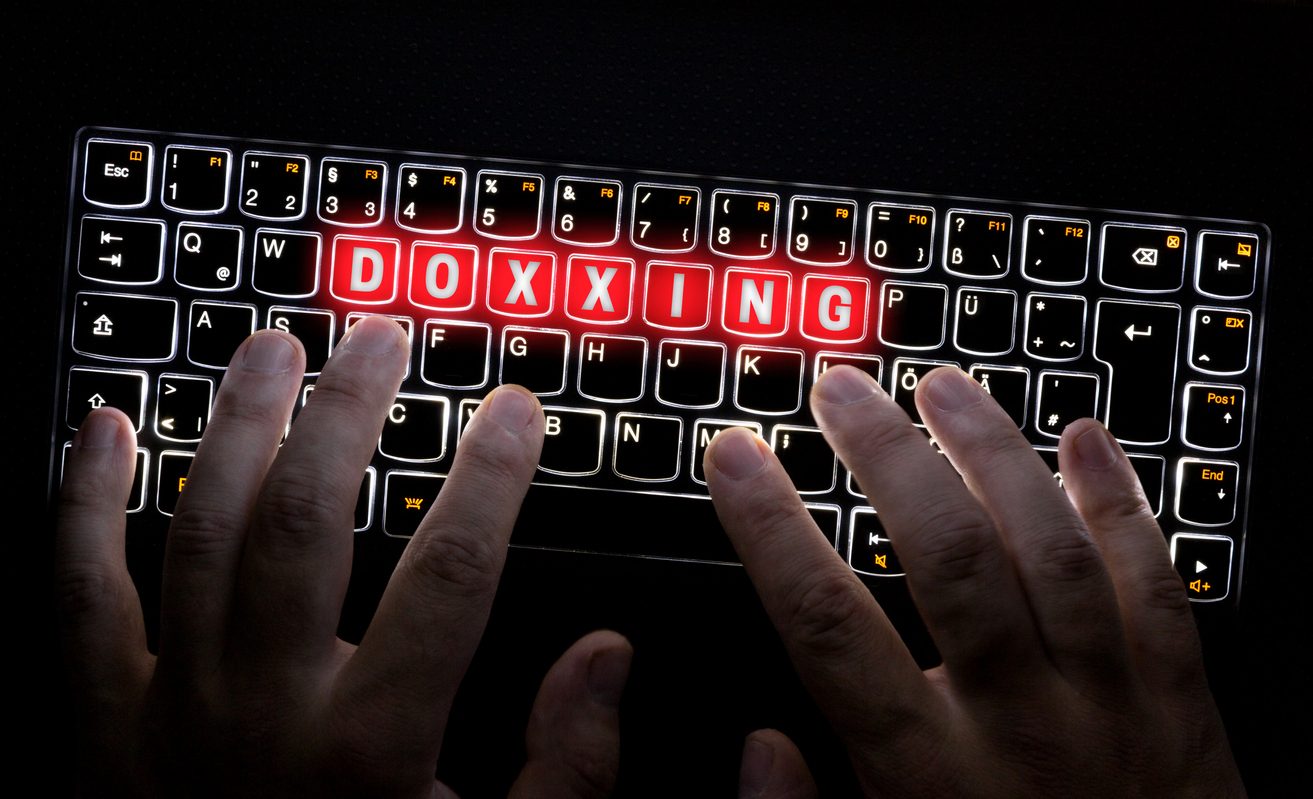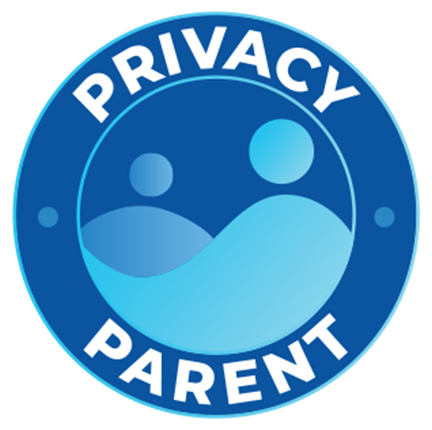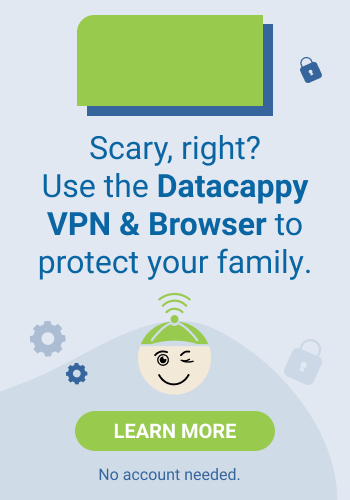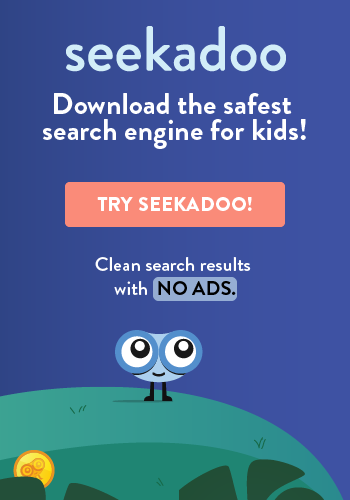
Have you ever been doxxed? Is someone out there doxxing a friend now? It’s in the news again, which means now is as good a time as any to remind ourselves just what it is, how it works, and how harmful the practice can be.
Doxxing is the act of publicly revealing private or identifying information about someone, typically online. (The term comes from “dropping documents.”) This information can include a person’s real name, home address, phone number, email address, employer, or other personal details. It also includes old tweets, Facebook posts, and any other online statements you’ve made. It’s all part of your permanent record, and it’s all up for grabs.
Doxxing is often used as a form of harassment or intimidation. It can be used to silence dissent, punish people for their online behavior, or simply to cause them embarrassment or distress. In some cases, doxxing can also lead to physical violence or other forms of harm.
There are a number of reasons why doxxing is bad. First, it is a violation of privacy. Everyone has the right to control their own personal information, and doxxing takes that control away. Second, doxxing can put people in danger. When someone’s personal information is made public, they can be at risk of harassment, stalking, or even physical violence. Third, doxxing can have a chilling effect on free speech. People who are afraid of being doxxed may be less likely to express their opinions online, even if those opinions are unpopular.
If you have been doxxed, there are a number of things you can do to protect yourself. First, you should change your passwords for all of your online accounts. You should also remove any personal information from your social media profiles and other online accounts. If you are concerned about your safety, contact authorities.







